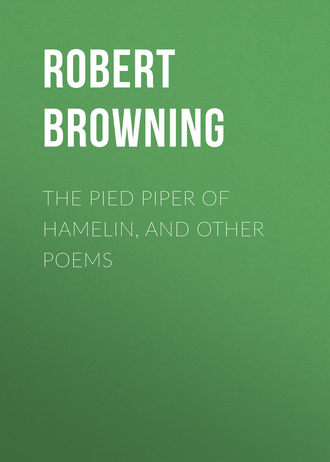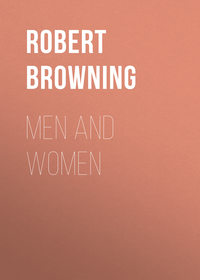The Pied Piper of Hamelin, and Other Poems
 полная версия
полная версияThe Pied Piper of Hamelin, and Other Poems
Жанр: зарубежная поэзиязарубежная классиказарубежная старинная литературасерьезное чтениеcтихи, поэзия
Язык: Английский
Год издания: 2017
Добавлена:
Настройки чтения
Размер шрифта
Высота строк
Поля






